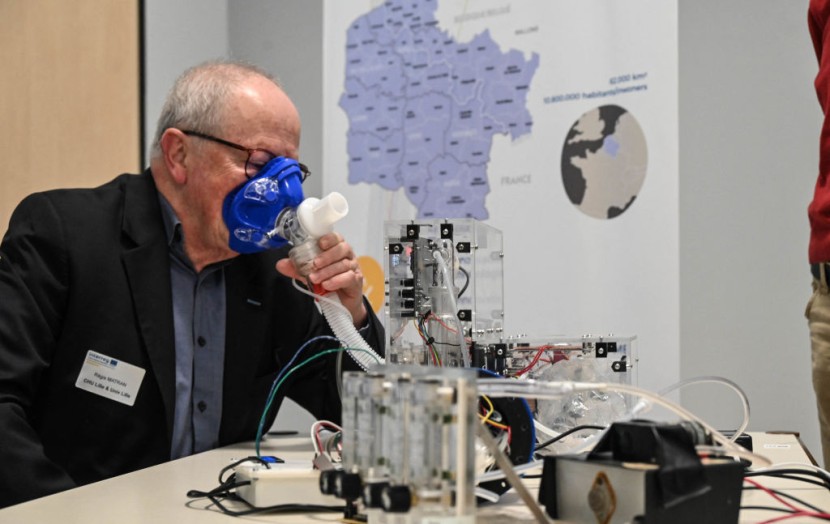The American Cancer Society updated its lung cancer screening guidelines to expand eligibility and include high-risk patients.
The update on Wednesday marks the beginning of Lung Cancer Awareness Month and the organization is recommending yearly lung cancer screenings for people aged 50 to 80 years old. These would be individuals who smoked or formerly smoked and have a 20-year or greater pack-year history.
Expansion of Lung Cancer Screening Eligibility

The organization explains that pack-years are defined as the number of packs of cigarettes that an individual smoked per day multiplied by the number of years that they smoked. The latest development differs from previous recommendations that covered only people in the 55 to 74-year age range who currently smoked or had quit within the past 15 years and had a 30-year or greater pack-year history.
The expansion of eligibility for lung cancer screenings should result in roughly 5 million more Americans being granted access to the procedure. The senior vice president of early cancer detection science at the American Cancer Society, Dr. Robert Smith said that the updated guideline continues a trend of expanding eligibility for lung cancer screening, as per CBS News.
He argued that it would result in many more deaths being prevented by expanding the eligibility criteria for screening to detect lung cancer at an earlier time. Smith is the lead author of the lung cancer screening guideline report.
The medical professional added that recent studies have shown that extending lung cancer screening eligibility could make a real difference in saving the lives of more people. Lung cancer is considered to be the second most common cancer and is the leading cause of cancer deaths in the United States.
Read Also : Second-Ever Recipient of Pig Heart Transplant Dies Six Weeks After Experimental Procedure
The CEO of the American Cancer Society, Dr. Karen Knudsen said during an interview that this trend could be reversed through prevention and screening. She added that we are currently screening too few individuals.
The American Cancer Society advised individuals who are considering screening to practice shared decision-making with a healthcare professional. They also recommend discussing the purpose and function of the screenings, according to Fox News.
Addressing the Disease
The organization also encourages people who still smoke to seek smoking cessation counseling and consult available resources. Experts argue that lung cancer can be treated successfully if it is detected early on when it is still small and has not yet spread.
The chief of thoracic surgery at Miami Cancer Institute, Mark Dylewsky, M.D., suggested that the new guidelines would likely become more flexible over time. He noted that this would come as cancer epidemiology is further reviewed.
Dylewski said that the U.S. Preventative Services Taskforce is following the epidemiology of lung cancer in the U.S. He noted that it is motivated to identify the highest risk factors in the largest patient population.
Dr. Leana Wen, a wellness medical expert, said that there are two main types of lung cancers; small-cell lung cancer (SCLC) and non-small-cell lung cancer (NSCLC). She argued that both of these have further subtypes, including adenocarcinoma, squamous cell carcinoma, and large cell carcinoma, said CNN.
Related Article:
FDA Set To Approve CRISPR Gene Therapy That May Cure Sickle Cell Disease
© 2026 HNGN, All rights reserved. Do not reproduce without permission.








